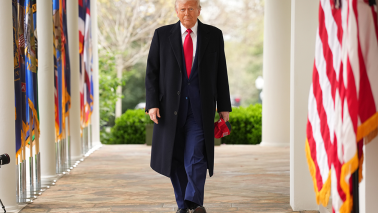When the Soviet system fell in my native Estonia I was 17 years old. I’d spent the entirety of those years mastering the main rule for surviving the USSR: you needed two separate identities. One was for home and those you trusted, the other for public places: we knew that in front of outsiders or certain relatives, you simply didn’t speak about some topics. If you followed the rules and kept the two identities apart, you could survive and even prosper. But if you mixed the two worlds up, woe betide you.
My grandparents – who’d separated in the early 1950s – led lives that illustrated this. My grandfather had joined the party and never said a word against the regime. For this he was allowed to have a new flat, a summer house and a car – a Moskvitch! My grandmother, meanwhile, never hid what she thought of the Soviet occupation, and her life was correspondingly harder.

Get Britain's best politics newsletters
Register to get The Spectator's insight and opinion straight to your inbox. You can then read two free articles each week.
Already a subscriber? Log in






Comments
Join the debate for just £1 a month
Be part of the conversation with other Spectator readers by getting your first three months for £3.
UNLOCK ACCESS Just £1 a monthAlready a subscriber? Log in